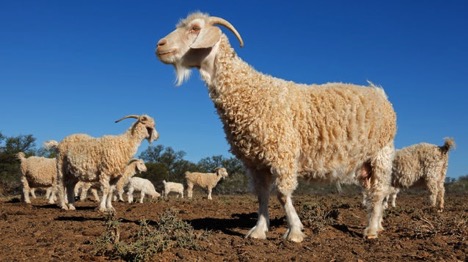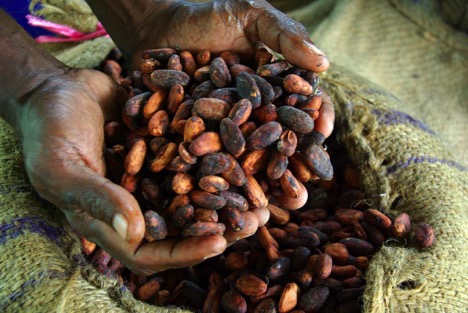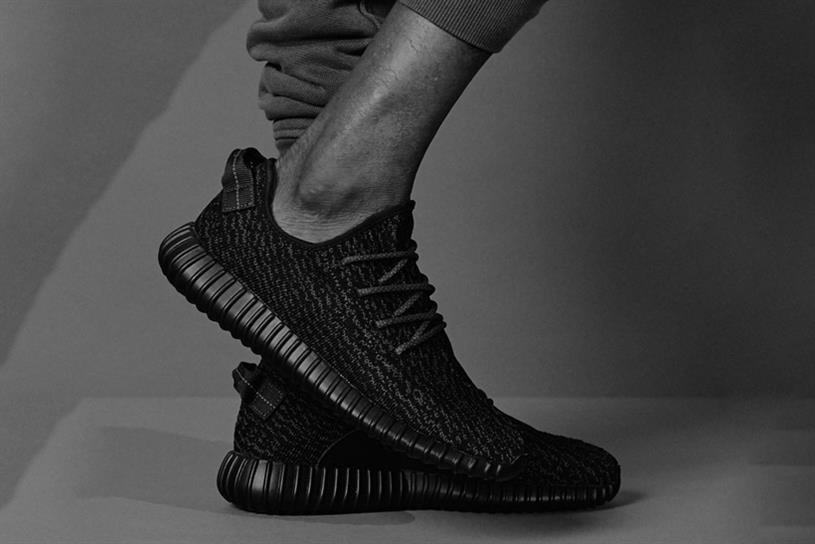- South Africa’s mohair industry is valued at $117 million
- Goat farms employ an estimated 30,000 people in the country
E-commerce fashion retailer Asos(ASC.L -0.64%) is completely moving away from any mohair products being sold on its platform. The company recently updated its animal welfare policy and will no longer carry products with mohair by the end of January 2019. Will this move upend South Africa’s $117 million mohair industry?
Why This Matters: South Africa is the world’s biggest producer of the fibre. There are about 1,000 Angora goat farms in the country, which employ an estimated 30,000 people. The country produces about 50% of the world’s mohair and exports mainly to countries in Asia and Europe.
Mohair is a fibre used in clothing such as sweaters, hats and other fluffy accessories and comes from Angora goats. It’s viewed as a reliable supplier because the goats grow their fleeces year-round. This allows farmers to auction their produce over two seasons in summer and winter.
Asos along with other retailers decided they would stop using mohair following the release last month of a video from twelve Angora goat farms in South Africa’s Karoo region. The footage showed goats being dragged by the legs or horns and sustaining injuries from shearing.
Some brands are responding to consumer demands for clothing that is considered to be more ethical. On the other hand, supporters of using animal fur argue it is more environmentally friendly than synthetic alternatives.
Situational Awareness: Asos has already banned fur, other rabbit hair and products which use materials from vulnerable animals. Brands including Topshop, Gap (GPS +0.45%) and Zara have all also pledged to stop using mohair.
CBx Vibe: “Ain’t No Feeling” Elley Duhé









